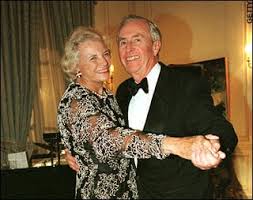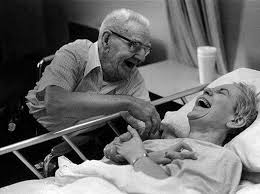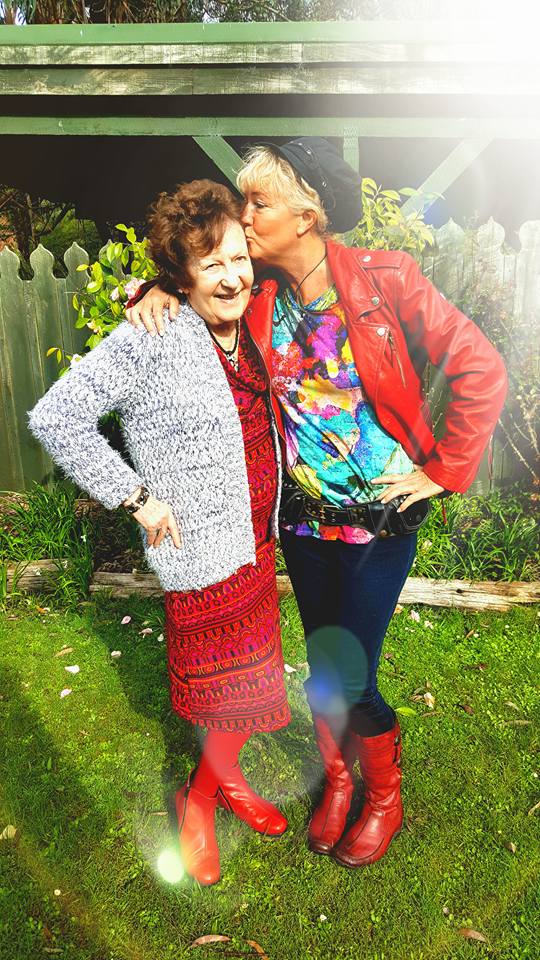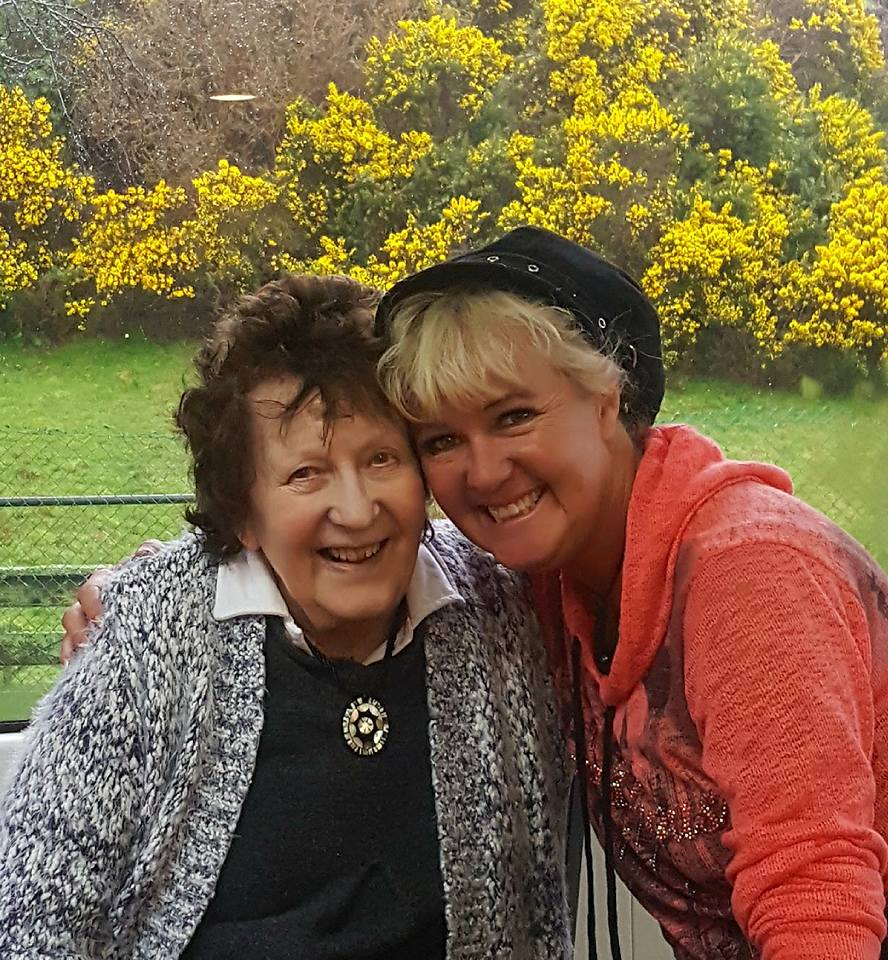
Sex and relationships in Dementia care facilities
On my way back to the States from a recent trip to New Zealand to visit my Mum, the flight attendant looked at my boarding pass and said, “Welcome Dr. Shelley.” She asked what type of doctor I was… They like to know if there are Medical Doctors on board for emergencies so I told her, “I’m not a medical doctor, but if you have an erection lasting longer than 4 hours, I may be able to help! I’m a sexologist.”
At my Mother’s Dementia care facility the topic of sex and relationships came up on the last day…
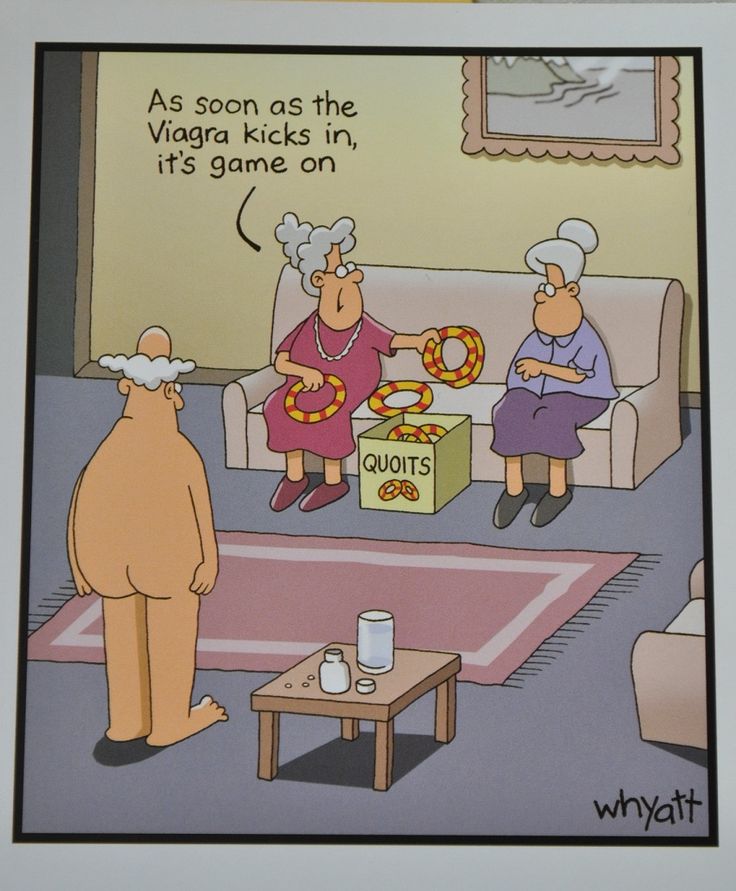
This conversation inspired me and hopefully it will open many doors to further conversations about this topic. For me, this feels like the continuation of my PhD studies about the Anti-Aging and Health Benefits of Sex (click here to link to my book of the same name), and my specific research into open relationships. This topic is relevant irrelevant of age.

Sexual urges and the need for intimacy do not necessarily stop just because you get older and lose memory… in fact, for many they revert to their younger more flirtatious days and sometimes form relationships in the home, forgetting their immediate spouses or family situations.
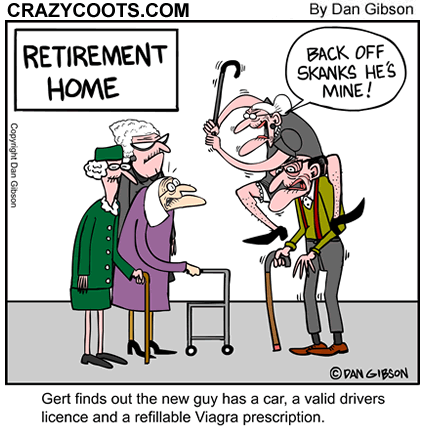
According to geriatric psychiatrist Ken Robbins, a clinical professor at the University of Wisconsin-Madison attraction, hugging, flirting, fondling and, yes, sexual relations, know no expiration dates. He says, “Social connections and human touch help ward off the depression and loneliness that old age and institutional living can bring.” (AARP.org)
The Hebrew Home at Riverdale in New York was apparently the first to create a sexual expression policy in 1995. Compassionate policies start with acknowledging that older adults still have sexual needs, including the very basic human need for touch.
I highly recommend the Netflix Movie “Our Souls at Night,” starring Robert Redford and Jane Fonda. Such a beautiful depiction of the need for touch and companionship, especially in the older years.
Apparently it is not unusual for someone with Alzheimer’s to develop a comforting, beneficial attachment to a fellow resident and forget the nonresident spouse.
Sometimes this is referred to as a “Sandra Day O’Connor case.” A resident with Alzheimer’s finds new companionship with a fellow resident, as happened with the Supreme Court justice’s husband, John Jay O’Connor III. The spouse is forgotten.
“It’s not uncommon, especially in facilities with more men,” says Kansas State University associate professor Gayle Doll, author of Sexuality & Long-Term Care.
Some spouses are relieved — as O’Connor was — that the new attachment brings happiness to the spouse with dementia. Often, however, the new romance leaves the healthy spouse distraught or upsets adult children.
Rhonda Simmonds, a senior vice president at Trilogy Health Services, says counseling can help. “If we can all say the person with dementia is living in the moment and in their mind is 20 and not married, that may make it a little easier.”
Doll adds, “My thinking is that a person with dementia becomes like a new person, and it’s unfair to judge them by the old person. You may be denying them one of the few pleasures in life they have left.” http://www.aarp.org/home-family/caregiving/info-2015/sex-in-assisted-living-facilities.html
As quoted on the Alzheimers.org.uk site, “People with dementia in care homes may form new sexual relationships with other care home residents. As long as both parties agree and have capacity to consent to these relationships, then care home staff should respect such relationships… Staff should also respect the confidentiality of relationships between residents and do not have to disclose information to relatives and other parties.”
Evelyn Tenenbaum, a professor at Albany Law School and Albany Medical College who specializes in health law, bioethics and civil rights believes it is best to use the principle of what is in the “best interests,” preferred by ethicists and dementia experts, you consider what’s good for the person as he or she is now, ignoring past values and taking into account that personalities can change dramatically in dementia.
An article in the Washington Post references Donna Schempp, program director of the national advocacy group Family Caregiver Alliance, based in San Francisco who said, “Most spouses or children of people with Alzheimer’s have responded very positively to these newfound relationships, which are not uncommon. Because if the person does not know who you are anymore, it’s not a rejection,” Schempp explained. “And in the end, we want the person that we care about to be happy,” she said. “Just behaviorally, and in other ways, they are going to be better if they are feeling cared about and nurtured, loved and appreciated.”
Suggestions were for staff to talk about these possibilities in advance with families.
This advice rings true in my work, as a sexologist, with couples and individuals opening up to the idea of polyamory, or living a life where there is more than one loving, intimate relationship.

Acceptance is one of the keys – especially in the case of new found love and relationships in Dementia care facilities. Finding the love in your heart for the one that you love and honoring their happiness and choices may be one of the toughest things we can do but can at least give them some joy in their final moments.
Give honor to yourself too if you find yourself in this situation and respect and honor the ones you love. They know not what they do and I am sure they certainly don’t intend to hurt or offend you. It may be a tough situation to be in but hopefully my writing may help you to see the positive in what could be considered a heart wrenching scenario. Just think of Sandra Day O’Connor, her strength and expression of her love through acceptance… our love and acceptance can make their world a better place too.
Love you Mum!
Dr. Shelley
